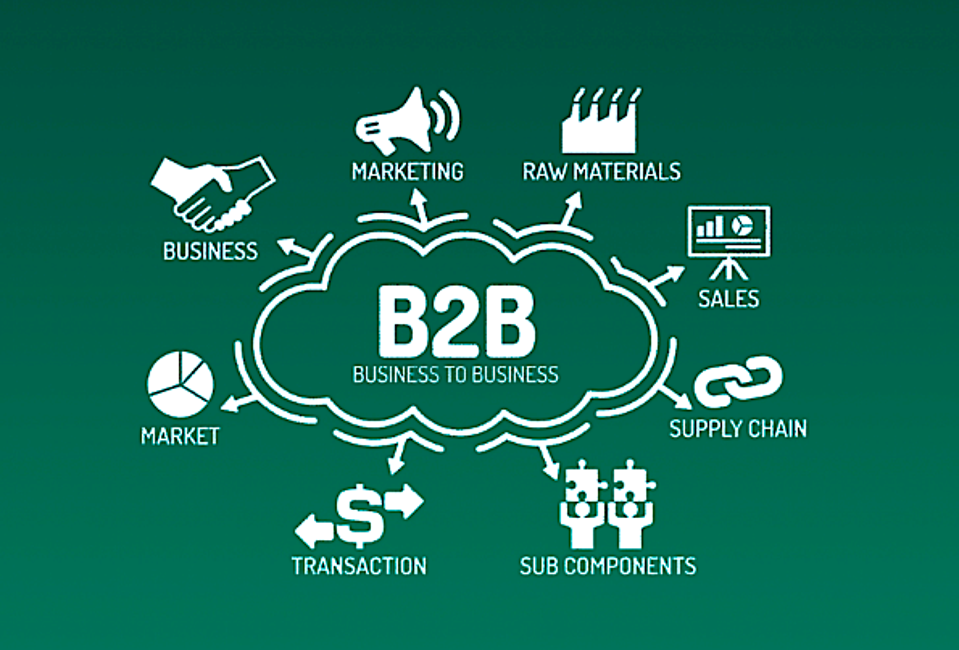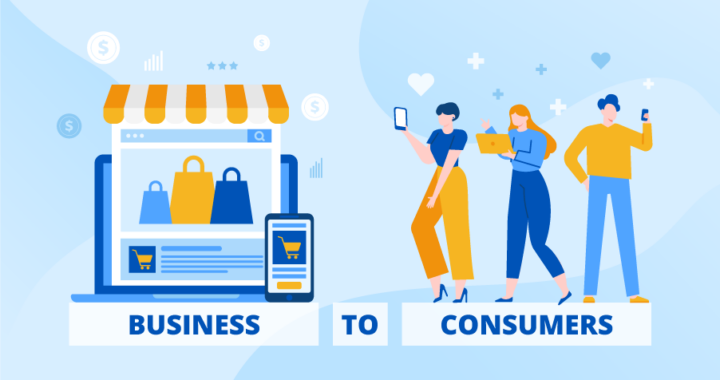Business-to-Business (B2B): What It Is and How It’s Used, Benefits Facts

B2B, or business-to-business
B2B, or business-to-business, is a type of commercial transaction in which one business sells goods or services to another business. B2B transactions are typically conducted between businesses in the same industry, but they can also occur between businesses in different industries. For example, a manufacturer might sell its products to a wholesaler, who then sells them to retailers. Or, a software company might sell its products to a government agency.
B2B transactions are often more complex than B2C transactions (business-to-consumer) because there are typically multiple people involved in the decision-making process. For example, a company might have a team of purchasing managers who are responsible for evaluating different vendors and selecting the best one for their needs.
Here are some examples of B2B transactions:
- A manufacturer sells its products to a wholesaler.
- A software company sells its products to a government agency.
- A marketing agency provides services to a law firm.
- A telecommunications company provides services to a hospital.
- A furniture company sells its products to a hotel chain.
Here are the 4 types of B2B buyers:
- Producers: These are businesses that create the raw materials or components that other businesses use to make their products. For example, a steel mill is a producer that sells steel to other businesses.
- Resellers: These are businesses that buy products from producers and then sell them to other businesses or consumers. For example, a retailer is a reseller that buys products from manufacturers and then sells them to consumers.
- Governments: Governments buy goods and services from businesses to support their operations. For example, a government might buy office supplies from a supplier or hire a contractor to build a road.
- Institutions: These are non-profit organizations that buy goods and services from businesses to support their missions. For example, a hospital might buy medical equipment from a supplier or hire a cleaning company to maintain its facilities.
B2B transactions are a major part of the global economy. In 2021, the global B2B e-commerce market was valued at $12.2 trillion. This market is expected to grow to $20.9 trillion by 2027.
The growth of B2B e-commerce is being driven by a number of factors, including the increasing use of the internet by businesses, the growing demand for convenience, and the need for businesses to reduce costs.
B2B e-commerce offers a number of advantages for businesses, including:
- Increased efficiency: B2B e-commerce can help businesses to streamline their procurement processes and reduce costs.
- Increased reach: B2B e-commerce can help businesses to reach a wider range of potential customers.
- Improved customer service: B2B e-commerce can help businesses to provide better customer service by providing customers with 24/7 access to products and services.
- Increased visibility: B2B e-commerce can help businesses to increase their visibility and brand awareness.
If you are a business that is looking to grow your business, B2B e-commerce is a great option to consider.




 Defining the B2C (Business to Consumer) Commerce Model
Defining the B2C (Business to Consumer) Commerce Model  Understanding the Tips and Poker Rules | How to Win?
Understanding the Tips and Poker Rules | How to Win?  Higher education | Definition, Degrees, History, & Goals,
Higher education | Definition, Degrees, History, & Goals,  Study Skills Guide: Study Tips, Benefits Strategies & Lessons
Study Skills Guide: Study Tips, Benefits Strategies & Lessons 